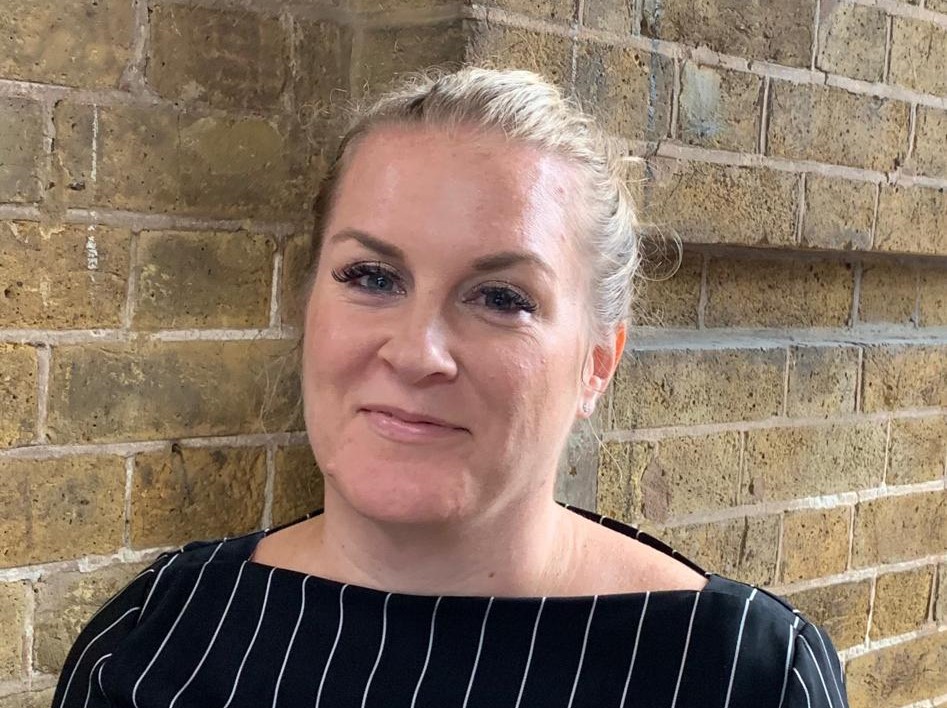Event food has changed. At Lime Venue Portfolio we’re proud to be a part of that change and have worked hard to not just effect it within our own business but by sharing our research, insight, and expertise with the wider events community.
However, it’s easy to get caught up in our own work and lose sight of what kind of tangible impact these campaigns are having. How far is the message going, and how does it fit into the wider story of event sustainability; itself a giant growth industry?
It’s always good to check in on the experts, those people that are both running events on a day-to-day basis, working with clients that do, or own the companies that also organise their own events. One of them is Leigh Cowlishaw, Managing Partner, Black Box Partnerships. Leigh has almost unappareled experience within the meetings and events industry and has known Lime Venue Portfolio for as long as we have been in existence. She’s one of those clients that becomes a friend. And one of those friends that is open is enough to be honest with us. In short, she was the first port of call when we wanted to take a step back and look at how much impact this talk of event food is really having.
Leigh is keen to not just to talk about the health of the planet, but the health of the individual as well, another area in which event organisers are growing their own responsibilities. So, what sort of impact is the event food revolution having? “I think we have seen a lot of progress in the last two years. We have moved away from two course restaurant lunches, or buffets in which delegates pile mixtures of food on their plates, and then eat only a small portion of it,” comments Leigh, reassuringly. “As people become a lot more aware of ‘you are what you eat’ and ‘eat the rainbow’ delegate food expectations are heightened and therefore venues are really focusing on creating food experiences, as part of the overall meeting/event experience.”
This is great to hear, not least for a brand like Lime Venue Portfolio, which has made it its business to become a cheerleader for the event industry’s move from ‘just events’ to experiences. Leigh see’s events as a key battleground for this move; “Long gone are the beige buffets, now we see a move towards food that is not just easy on the eye, but screams quality, interest and nutrition.”

There is so much to delve into around sustainable food. So, we were keen to zoom out and get Leighs view on where that discussion is, not least about Carbon Labelling, an area we are especially passionate about.
Leigh commented, “We continue to be on a journey around everything ESG. Carbon labelling, for me, is the next stage of spelling it out for delegates to really understand the climate impact that food is having on global greenhouse gas emissions. Therefore, before your fork or spoon (or knife if your table manners aren’t that great) enters your mouth – make it clear, so people can make considered choices, as they would do at home when adding items to their supermarket or online trolley.”
Again, thumbs up and kudos on Leigh’s vision for the events industry, beyond our own passion on food. This is about responsibility, be it personal, professional, environmental, or social. So, do we have these priorities correct in terms of the balance between organiser, client, caterer / venue, and delegate. Is carbon labelling the latest innovation towards a further shift of responsibility onto the delegate?
“I think we have come a long way in terms of responsibilities; however, the accountability lies with whether someone actually eats the food that has been labelled or chooses an alternative or indeed to eat less. The organiser and venue may have done the heavy lifting when it comes to selecting menu choices, but one step further sits with the delegate who will make the final choice, based upon information that should be clearly displayed for them.” We agree, this is about putting the decision making into the hands of the delegate, but also giving them the right level of information, clearly and unambiguously. Its also about allowing them to take action that we can evaluate, allowing businesses and events to adapt what they do to meet their dietary as well as ethical needs.
But, how big could this shift really be, and what are its consequences? “The impact could be massive, as people adopt personal habits into professional settings. Why would we change our habits just because we are at a conference,” says Leigh. “We need to remain true to ourselves and continue to demonstrate our commitment, if not for ourselves, then for tomorrow’s delegates and our planet.”
Throughout our conversation with Leigh, it’s always nice to be on the same page, but also aware that she is reading the entire book, not just the chapter on food. This is about sustainable events, run by a newly empowered event professional, in front of an informed and activated delegate. Its also about understanding that delegates are people, who go back to their homes and are as equally passionate and educated about the world.
In the meantime, we’re keen to check in on our customers to make sure the work we’re doing lives up to the highest possible standards. We asked Leigh where she sees us having the most impact? “Field to fork stands out for me with Lime Venue Portfolio, they know the source of their food and the chain it has passed through. Their sustainability promise enables conference organisers and delegates to be confident that the food that they’re eating (or that is left over and carefully displaced) has been thought through and is provided through aligned and agreed commitments: (fresh and seasonal products, power of plants, zero waste, ethical sourcing, protecting our planet) and served with skill and passion.”
It’s reassuring, and flattering, that what we do is being noticed and shared around the industry by the likes of Leigh. So, how is she taking these sources of information and sharing it with the wider aspects of event organising? “I think it can teach other areas that the journey of sustainable food is part of the overall delegate experience. Delegates now have the choice to join a meeting virtually or live and in person. Content, cost, and overall experience, as well as travel, time and work/life balance will also be a factor into delegates choosing which format to be present in, and therefore sustainable food is a key part to play in this decision making.”
It’s a great point, and it’s about us all remembering where our place and our expertise can be used to make a better industry, not just a more sustainable one. So, is Leigh optimistic about this rosy future we have painted? “I am, as long as it is accepted that cost may vary on the delivery of sustainability in our industry. Not for all components, but for some, and this shouldn’t be a barrier to move forward to a brighter future.”
We’re lucky, in this industry, and within our business, to have people like Leigh. Happy to offer comment, expertise, and insight in her own right to the world of events. To understand where we can support our customers, while reaching our own sustainable goals.
We’ll check in next year, make sure we’re still hitting the right sustainable (and general) marks!




